Dit zeggen onderzoekers over diamond open access

Diamond open access initiatieven, zoals tjdschriften, publicatieplatforms, etc., vragen geen abonnementskosten of publicatiekosten aan auteurs. Deze initiatieven hebben meestal geen winstoogmerk en worden geleid door wetenschappers.
Lees wat onderzoekers zeggen over diamond-initiatieven.
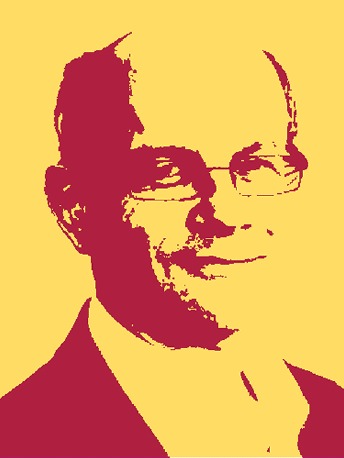
Sometime ago I was asked to write a review article, together with two colleagues, by a well-known journal. The article was supposed to give an up-to-date overview of some new developments that had taken place in our field of research. We accepted the invitation and worked quite hard for an extended period of time to produce a solid review paper that summarized all the latest developments. Tired but satisfied, we sent the paper to the journal. After a while the paper was accepted for publication. We just had to answer a few questions on the journal’s website to arrange some details about the publication. It came to us as an unpleasant surprise that one of the questions was whether we were willing to pay a considerable amount of money to finance the publication costs of the paper. We had done all the hard work and then, at the end of the day, we had to pay ourselves to get the paper published. The journal had invited us to write a review without mentioning this detail!
We did not want to pay for our own work and we sent the paper to the Diamond Open Access journal SciPost Phys. We had heard good stories about this journal from our colleagues. We were pleasantly surprised to see how friendly and professional our paper was taken care of. The refereeing process was very transparent. You have a personal page where everything can be followed. Without any payment the paper has now been published and is accessible for free to all of my colleagues. That is the way the exchange of scientific information should happen. I am converted to the Diamond Open Access system!
Eric Bergshoeff, Professor in Theoretical High-Energy Physics, Faculty of Science and Engineering
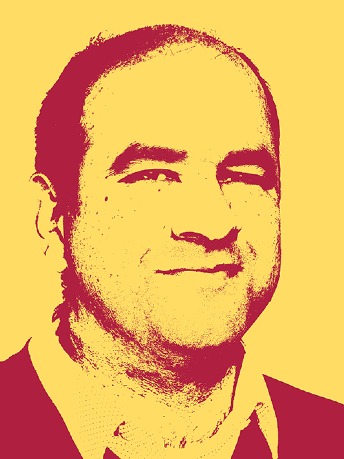
The process of publishing with Cadernos de Saúde Pública (published by SciElo - Latin America’s prime open access infrastructure for open access) was rigorous and agile. We had great support from the reviewers and editor. Diamond open access is a meaningful movement considering that most of the research around the world is funded by public institutions and most of the publishing companies are private and sell products (knowledge) that were created by academics coming from these institutions. I think we need to consider changing our strategy for the dissemination of knowledge since now we are too dependent on private interests.
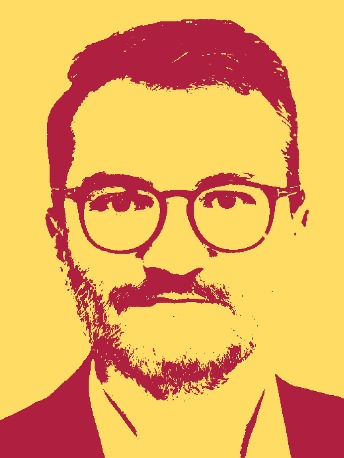
I experience Verfassungsblog, a diamond open access publication platform, as unique in the legal domain: it offers instant expert analysis of excellent quality on topics such as the rule of law, technology governance, or migration. Law can be difficult to get access to, but Verfassungsblog opens the black box for all. It helped me as a student to learn about the recent trends in my domain, and allows me to keep up easily with relevant recent developments.
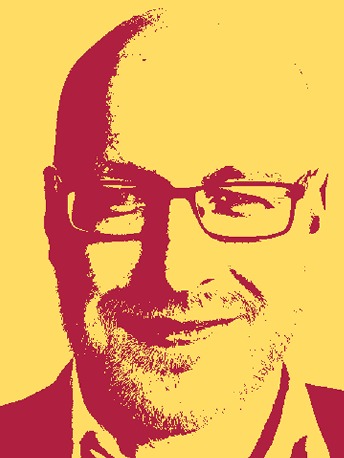
Krisis. Journal for Contemporary Philosophy has recently celebrated it 40 th anniversary, and I have been part of the editorial team since about 10 years. It started out as a Dutch, printed journal on critical theory and contemporary social and political philosophy. It moved to different publishers, before going fully online about 15 years ago. At the same moment, we became bilingual.
Though moving online changed the editing and publishing process, one thing remained constant, namely our wish to be easily accessible both for readers and authors. Our authors regularly are early career researchers and PhD students, who sometimes have their first published article with us. This is also why we don’t want to charge author fees. At the same time, we didn’t want to ask readers for subscriptions.
We do have some costs, of course, ranging from the board secretary (the board itself isn’t compensated, since we’re all academic staff) to editing jobs. This basically means that we’re in a permanent ‘financial crisis’, and depending on crowd-funding, subsidies and some institutional gifts. Still, it’s a conscious choice, since we want to have our publications open for the academic community as well as for the general public, who after co-finances the academic work that we’re publishing. And we don’t want to engage in the perverse business models of big publishing companies.
At Krisis we see the university as a commons, that is, as a shared space and community that we as all rely on for our knowledge and insights, and that we also all contribute to. It should be treated as a garden where we collectively sow and reap the ‘fruits’ of knowledge, not as a factory where cookies are packaged and sold. Also as an author myself, I try to publish as much of my academic work as possible on OA journals, for that same reason.
This doesn’t mean, by the way, that you have to make any compromise regarding the strictness of the peer-review procedures. Articles committed to Krisis are first evaluated by the board, and if they’re considered suitable for our journal, they’re sent to two peers. I must say it has become difficult to find reviewers in recent years, but that has mostly to do with time pressure throughout academia.
Our experiences with UGP have been very good. The people at UGP have been very helpful in creating the new online environment for Krisis, thinking along about ways for future funding, that we for instance need to migrate our huge archive.
Thijs Lijster, Editorial board Krisis. Journal of Contemporary Philosophy
Senior Lecturer Philosophy of Art and Culture, Faculty of Arts
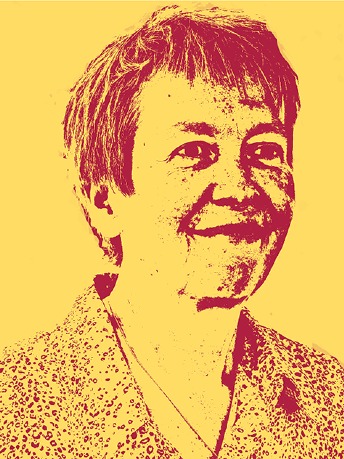
In the discipline of demography, we have the luck and luxury to have several diamond open access journals. Demographic Research is an excellent example. It is run by the Max Planck Institute for Demographic Research in Rostock (MPIDR), Germany, and paid for by the Max Planck Society. Demographic Research is one of my favorite journals. I recommend it to all demographers, not only because it is open access but also for substantive reasons.
It is very flexible in what it publishes: not only research articles, but also descriptive findings, reviews, research materials (such as data descriptions), reflections, summaries, and response letters. It promotes replicability by encouraging authors to publish computer code and datasets with their articles. The peer review process is just as rigorous as with journals from large commercial publishers. The publication process is more pleasant, because all correspondence is handled by a managing editor who works for MPIDR, knows the demographic community, and has made friendliness and a personal touch her trademarks. Demographic Research is a great asset to the demographic discipline. It can only exist, though, because of the generous support of the Max Planck Society, the numerous scientists who write, review and edit for the journal, and the employers of these scientists who recognize the importance of contributing to high-quality scientific journals.
Clara Mulder, Professor of Demography, Faculty of Spatial Sciences
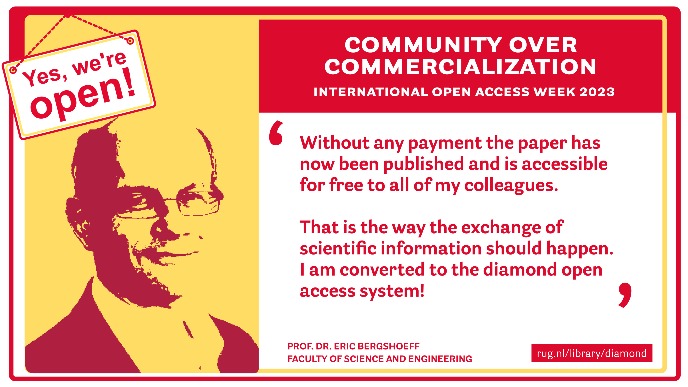
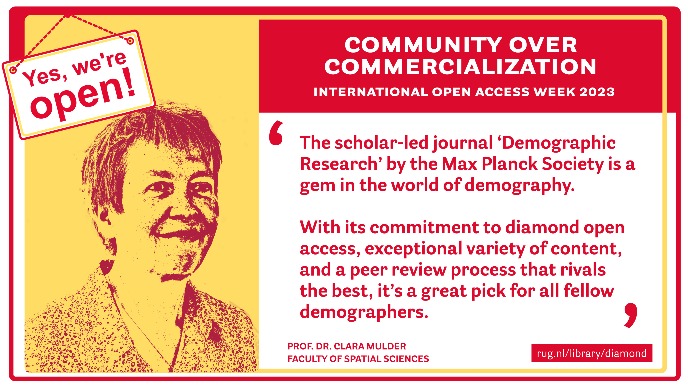
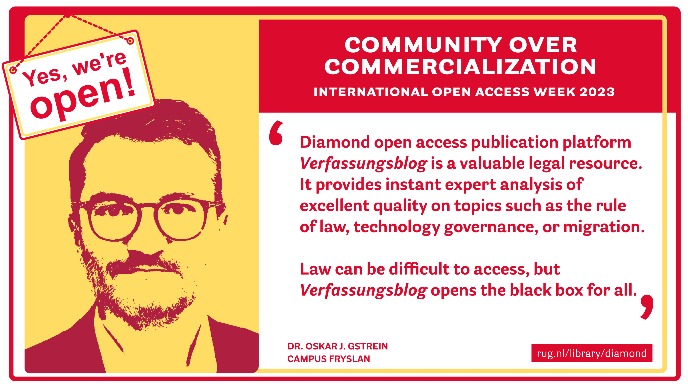
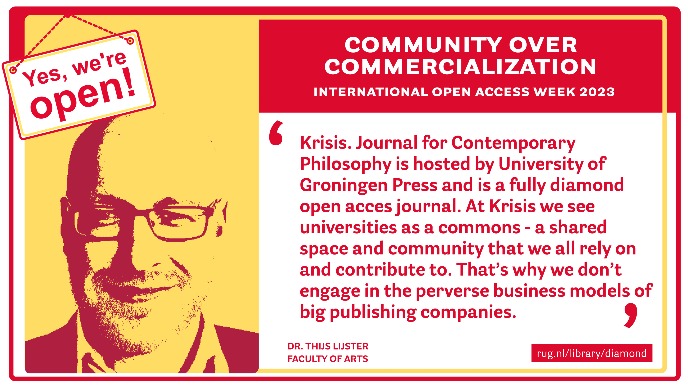
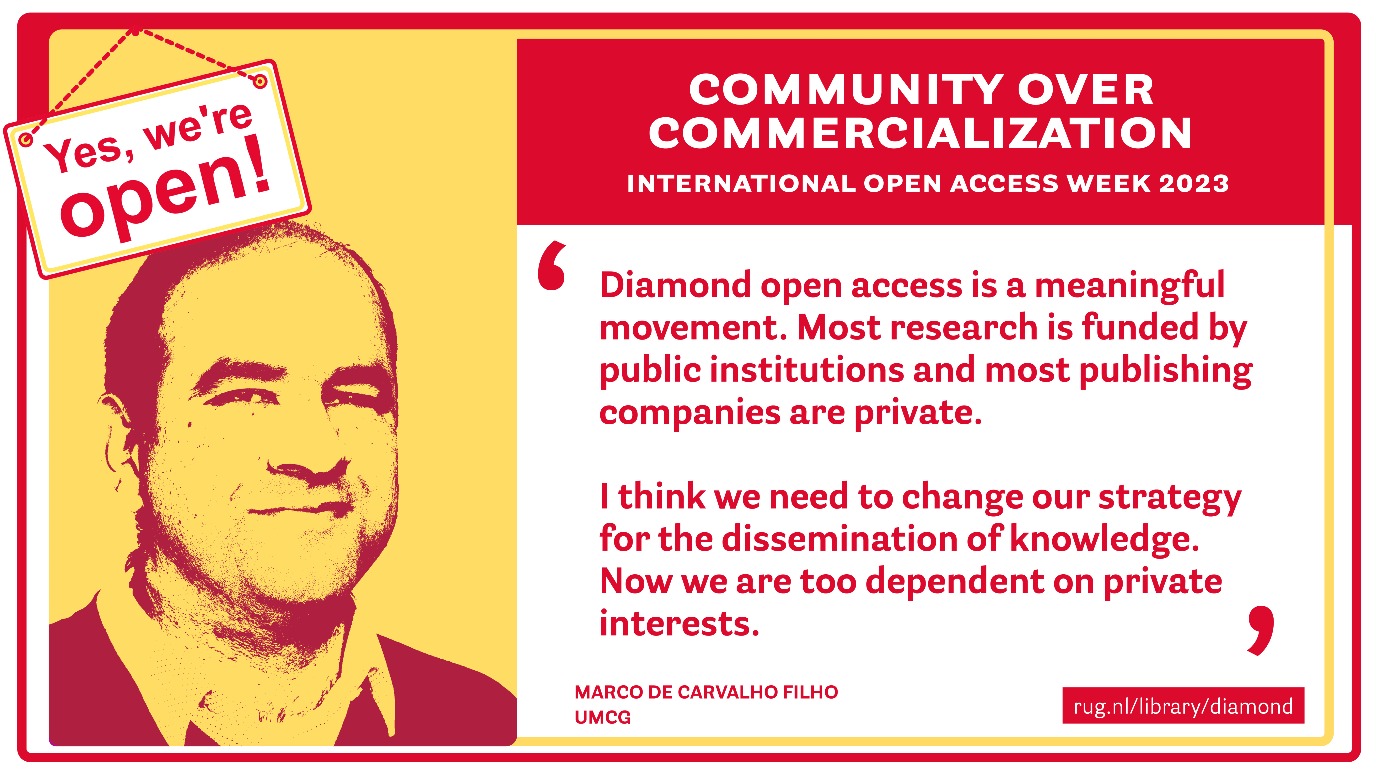
| Laatst gewijzigd: | 18 januari 2024 11:43 |

